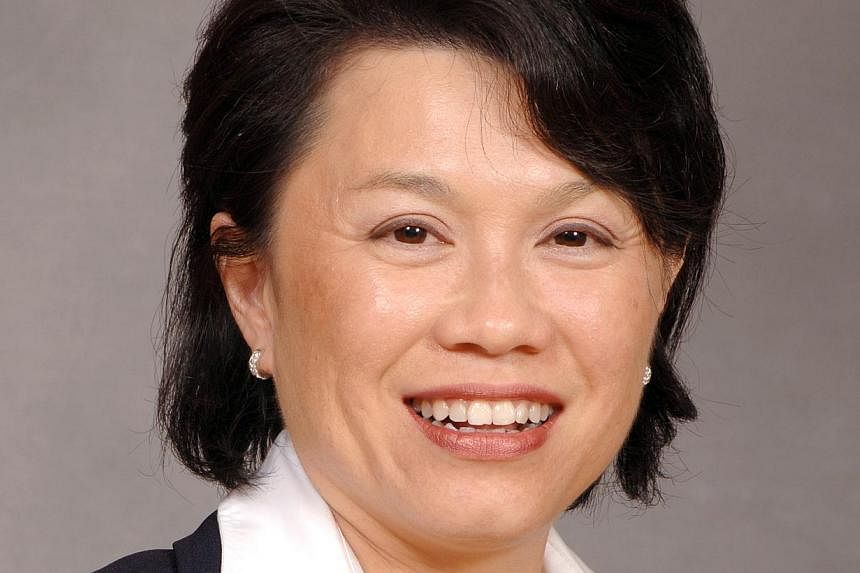Q: How would you characterise Prime Minister Lee Hsien Loong's 10 years at the helm, in a word or a phrase?
A: A deeply challenging decade that's given the occasion for us to see some adaptive, innovative and responsive leadership, although some feel it has not been responsive enough.
Q: Of all the things that have happened in the past decade, what do you consider PM's three greatest achievements?
A: 1. Policy innovations based on good diagnosis of the problems they had to solve, and with lessons from past experience.
An example is launching the Job Credit Scheme in response to the Global Financial Crisis, which saved jobs and homes, rather than just cutting wages and CPF contributions as the situation was not about business costs but a complete loss of faith in the credit system.
Another example to illustrate this point is Workfare that incentivises work and re-skilling, and is a system that allows for even more to be put through, if necessary, in helping low-wage workers.
Also, the Fair Consideration Framework. It not only seeks to ensure that local workers get a good shot at all the work opportunities available, but makes this easier, with the national jobs bank as a partner to make implementation more successful.
2. A confident Government in re-negotiating the social compact.
There has been a clear recognition that the compact needs to be renewed and this is now extended to the introduction of social risk-pooling programmes - CPF Life and Medishield Life - for basic provision to deal with longevity and health care.
There is recognition of the need to facilitate social mobility among the disadvantaged and prevent the development of a social underclass with improved social assistance schemes to help needy families. There are also new schemes to improve access and affordability to preschool education, especially for the needy families - it is quite unusual for the Government to stipulate social criteria in tendering out void decks for childcare facilities but it has now done that.
3. A commitment to greater engagement between government and citizens, as well as the people sector.
While this is about a relationship and setting up processes that have to be facilitated (so there cannot be perfect uniformity across the board), we have still seen more engagement take place.
Recall that we had the Our Singapore Conversation process which is different from previous public consultation exercises as it was more open-ended and allowed citizens to set the agenda of the consultation. Not many however will recall that there was a year-long consultation process before the issuing of the Population White Paper and we have had the challenge of the NLB Saga and the controversial introduction of the regulation of web-based news sites.
Q: What about his three greatest disappointments?
A: I take this to mean, what I think was disappointing about PM's decade and what transpired, whether it was the fault of his administration or not.
1. The difficulties in regulating media, and the arts, as well as the National Library Board Saga.
While in many ways, the Government was improving its relationship with civil society, these areas were the hardest to deal with.
After the 2011 general election, PM Lee had said that new and social media were like the wild, wild west, but seeking to regulate this space was also deeply controversial.
2. That people have had such diverse and sometimes diametrically opposed views on the population issue.
While the Government took the decision to trim foreign workforce growth in 2010, the public felt that the Government was driving towards growth at all cost. The current sentiment on the population issue, and certainly the negative tenor towards certain population groups expressed so explicitly and negatively, is perhaps the most unhappy development that took place in the decade.
But this is why I would characterise the decade as a very challenging one - there are conflicting demands on the Government from different quarters.
The critical groups will feel that the situation isn't tight enough, the business groups feel that it is just too tight, the economists say that the situation will lead to decline in the economy and say the Government has pursued ill-conceived policies, and the Government itself is trying to find a reasoned and reasonable position to take that is sustainable for the long term in light of an ageing population.
3. The emergence of the NIMBY (not in my backyard) syndrome
Again there are conflicting demands among different groups of citizens - space is needed to provide facilities for eldercare, childcare and rental housing, but residents where the facilities are proposed say "not in my backyard please", as if these are going to be nuclear power plants that will cause a diminishing of their proiperty values.
Again, this is not entirely the fault of the administration, but improvements to the situation have also come about as a result of better engagement and also the sharing of the national plan to build such facilities to show that every region is going to have to bear the burden, rather than a few selected "unlucky" ones.

